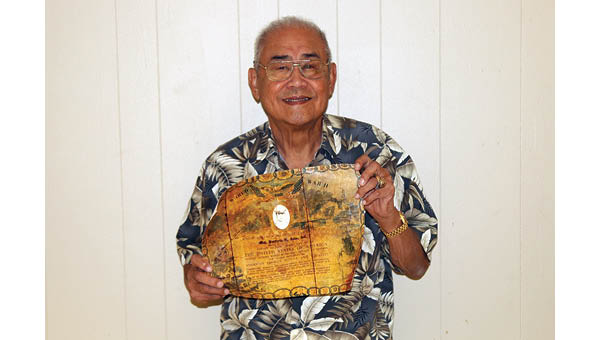Two decades later, the enduring legacy of 9/11
Published 11:41 am Friday, September 8, 2023
|
Getting your Trinity Audio player ready...
|
On the morning of September 11, 2001, 19 terrorists from the Islamist extreme group al Qaeda hijacked four commercial aircraft and crashed two of them into the North and South Towers of the World Trade Center complex in New York City. A third plane crashed into the Pentagon in Arlington, Virginia. After learning about the other attacks, passengers on the fourth hijacked plane, Flight 93, fought back, and the plane was crashed into an empty field in western Pennsylvania about 20 minutes by air from Washington, D.C. The Twin Towers ultimately collapsed, due to the damage from the impacts and subsequent fires. Nearly 3,000 people were killed from 93 different countries. Most of the fatalities were from the attacks on the World Trade Center. The Pentagon lost 184 civilians and servicemembers and 40 people were killed on Flight 93. It was the worst attack on American soil since the Japanese attacked Pearl Harbor in 1941.
Nearly 20 years later, Americans watched in sorrow as the nation’s military mission in Afghanistan – which began less than a month after 9/11 – came to a bloody and chaotic conclusion.
The enduring power of the Sept. 11 attacks is clear: An overwhelming share of Americans who are old enough to recall the day remember where they were and what they were doing when they heard the news. Yet an ever-growing number of Americans have no personal memory of that day, either because they were too young or not yet born.
In Elizabethton and over much of the nation, residents stayed glued to their TV sets for days as the news unfolded. The sky was quiet as flights were grounded, and the American flag was displayed from buildings, lawns, and other places all over town in a show of unity and patriotism.
Shock, sadness, fear, anger: The 9/11 attacks inflicted a devastating emotional toll on Americans.
A review of U.S. public opinion in the two decades since 9/11 reveals how a badly shaken nation came together, briefly, in a spirit of sadness and patriotism; how the public initially rallied behind the wars in Afghanistan and Iraq, though support waned over time; and how Americans viewed the threat of terrorism at home and the steps the government took to combat it.
The impacts of the Sept. 11 attacks were deeply felt and slow to dissipate.
Just as memories of 9/11 are firmly embedded in the minds of most Americans old enough to recall the attacks, their historical importance far surpasses other events in people’s lifetimes.
It is difficult to think of an event that so profoundly transformed U.S. public opinion across so many dimensions as the 9/11 attacks. While Americans had a shared sense of anguish after Sept. 11, the months that followed also were marked by rare a spirit of public unity.
With the U.S. now formally out of Afghanistan – and with the Taliban firmly in control of the country – most Americans say the U.S. failed in achieving its goals in Afghanistan.
But 20 years ago, in the days and weeks following 9/11, Americans overwhelmingly supported military action against those responsible for the attacks.
In recent years the threat of terrorism has declined with most Americans as issues such as the economy, the COVID-19 pandemics, racism, and neighborhood and school shootings have emerged as more pressing problems in the public’s view.
For most who are old enough to remember, it is a day that is impossible to forget. In many ways, 9/11 reshaped how Americans think of war and peace, their own personal safety and their fellow citizens. And today, the violence and chaos in a country half a world away brings with it the opening of an uncertain new chapter in the post-9/11 era.





